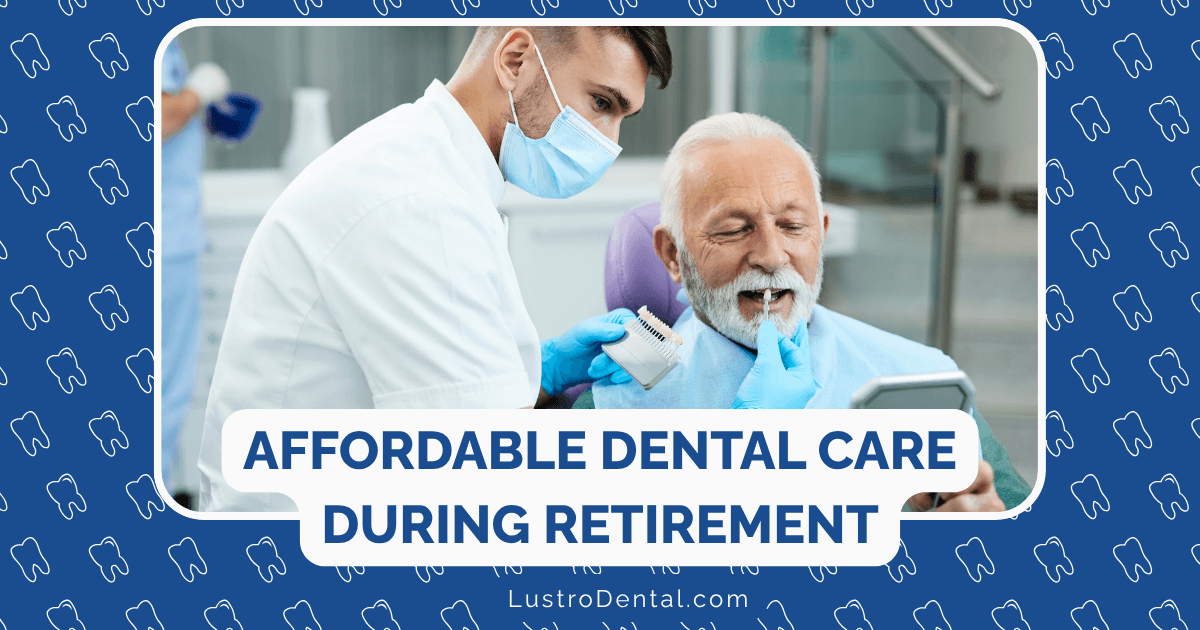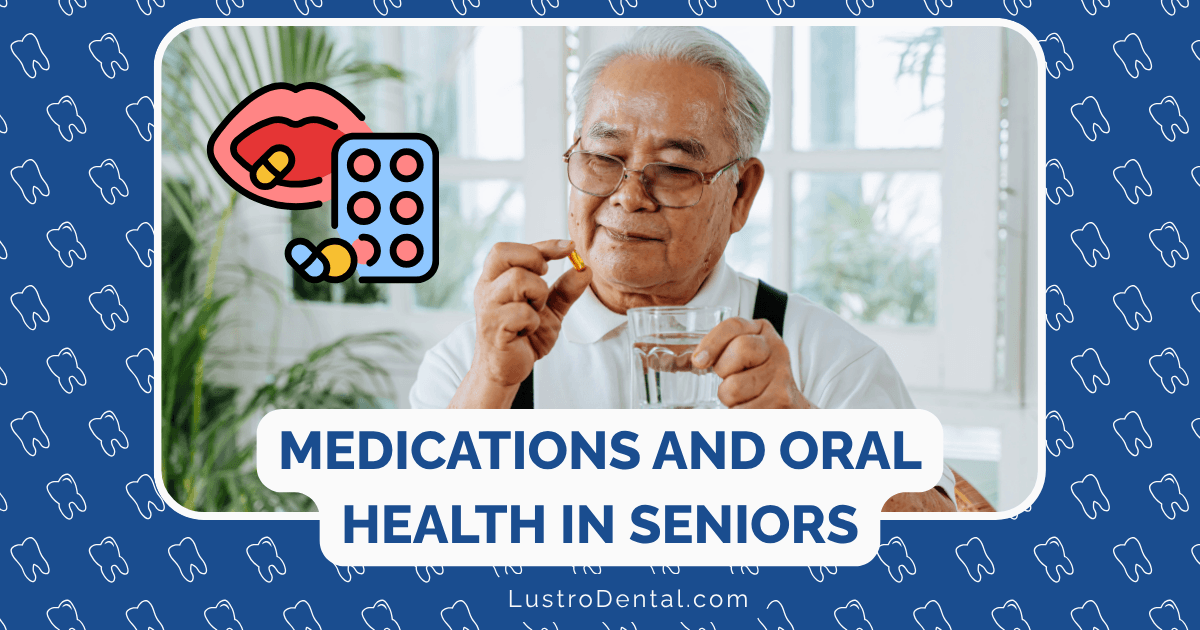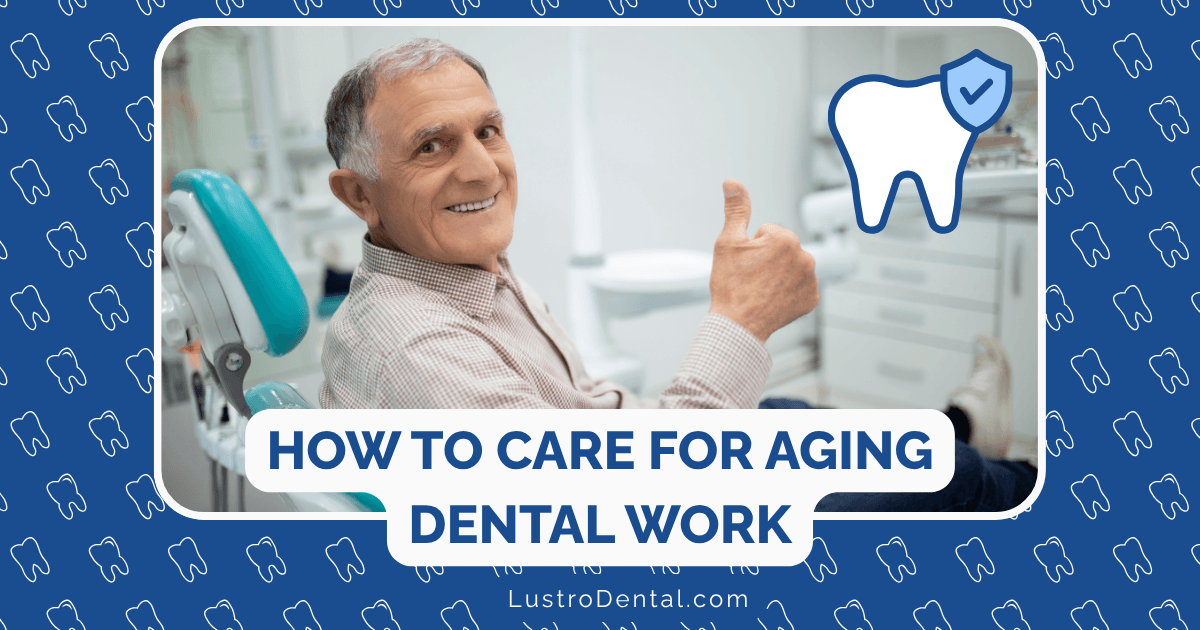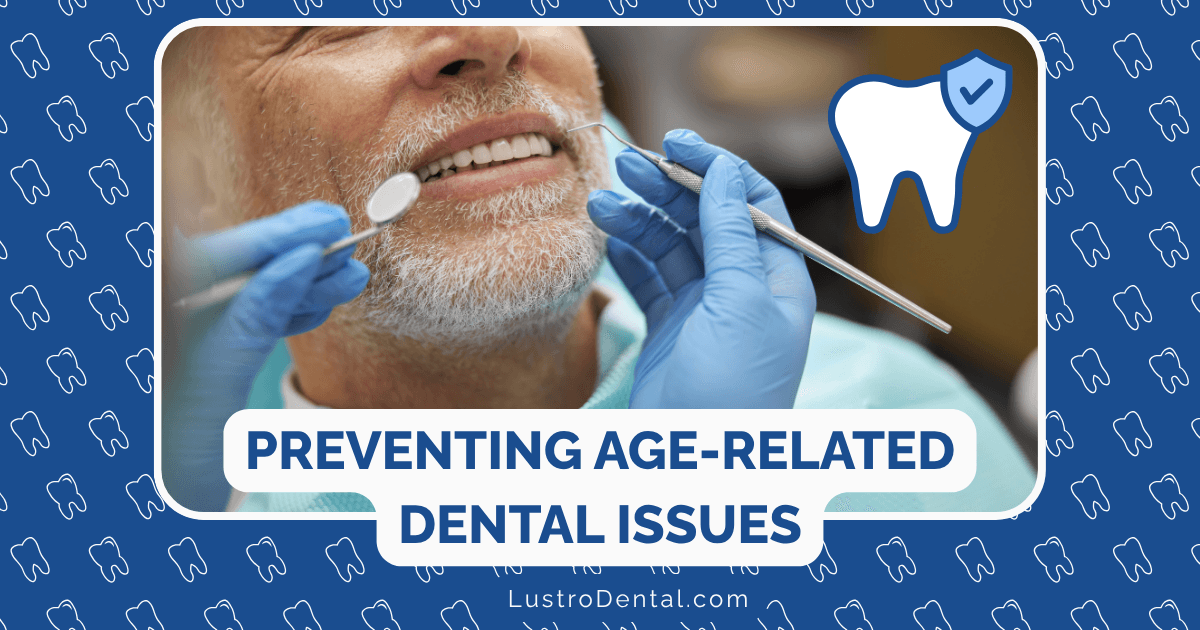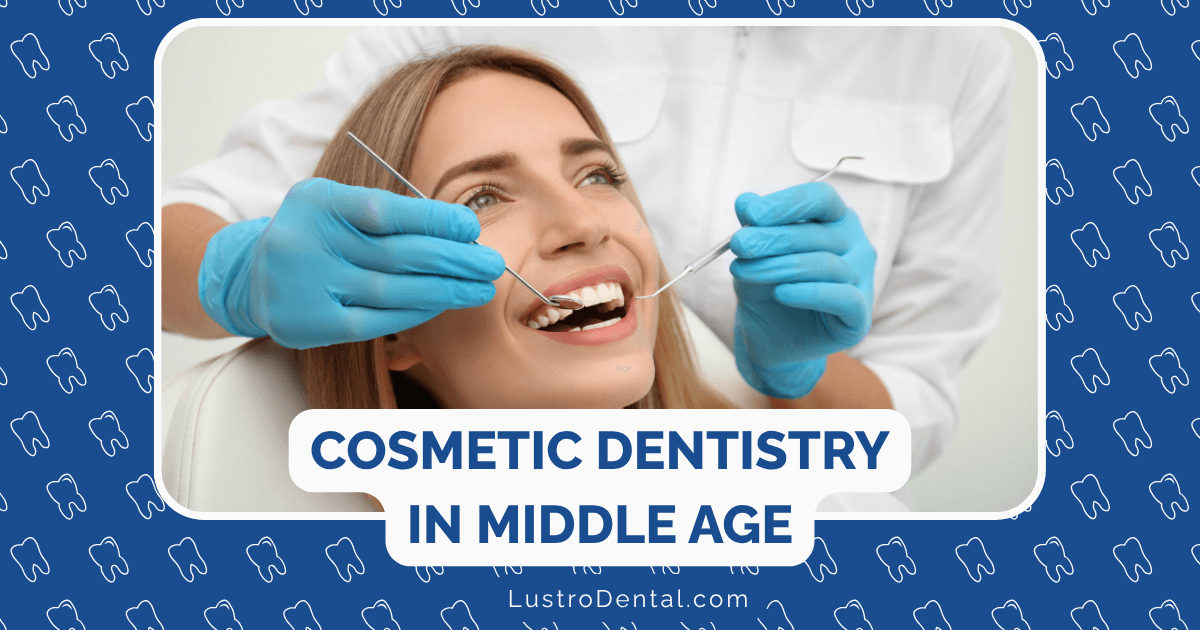Dry Mouth and Seniors: Causes and Management Strategies
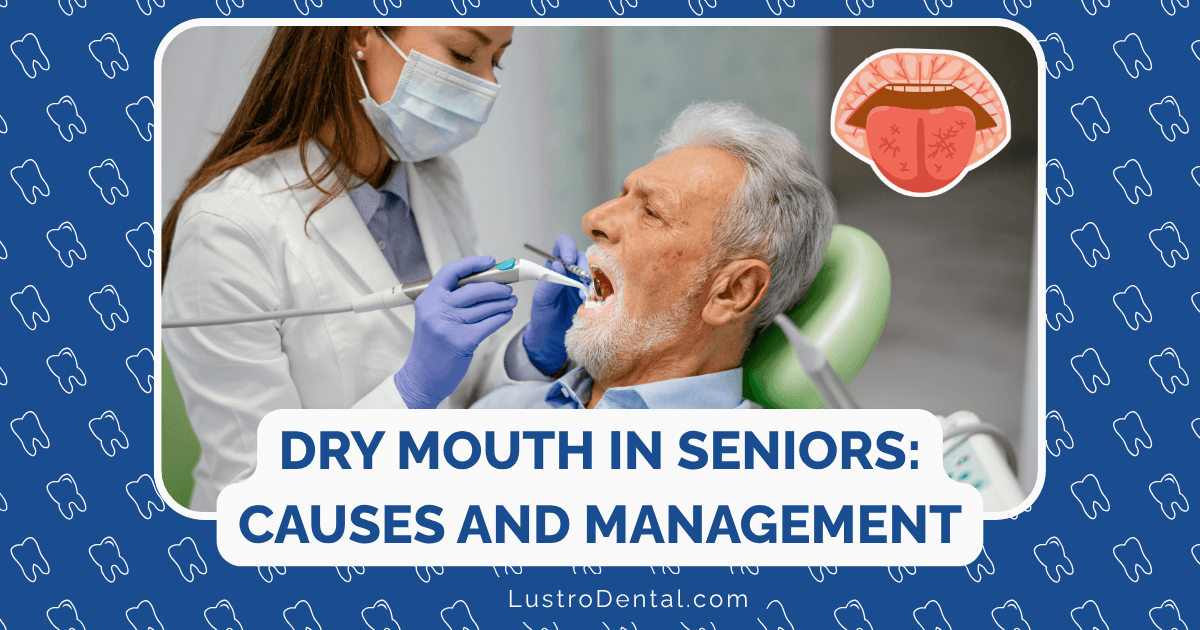
When my father turned 72, he began complaining about something that seemed minor at first—his mouth felt constantly dry. Water didn’t help for long, and soon he was waking up multiple times each night desperately thirsty. As his discomfort grew, so did other problems: difficulty speaking clearly, a persistent sore throat, and trouble enjoying meals. What we initially dismissed as a minor inconvenience turned out to be a condition called xerostomia—more commonly known as dry mouth—that was significantly impacting his quality of life.
If you or a loved one is experiencing similar symptoms, you’re not alone. According to the American Dental Association, dry mouth affects approximately 30% of adults over 65 and up to 40% of those over 80. While often overlooked, this condition can have serious implications for both oral and overall health.
Let’s explore why dry mouth and seniors are common, its potential consequences, and most importantly, effective strategies to manage it.
Understanding Dry Mouth: More Than Just Thirst
Dry mouth occurs when the salivary glands don’t produce enough saliva to keep the mouth moist. This might sound like a mere inconvenience, but saliva plays crucial roles in oral health:
- Protection against decay: Saliva neutralizes acids, washes away food particles, and helps prevent cavities
- Defense against infections: Saliva contains antibacterial compounds that fight harmful microorganisms
- Digestion assistance: Saliva contains enzymes that begin breaking down food
- Taste facilitation: Proper saliva flow helps dissolve food particles so they can interact with taste buds
- Speech lubrication: Adequate moisture makes it easier to articulate words clearly
“Many patients don’t realize how important saliva is until it’s in short supply,” explains Dr. Sarah Chen, a geriatric dentist specializing in senior oral health. “It’s not just about comfort—saliva is your mouth’s first line of defense.”
Why Seniors Are Particularly Vulnerable
Several factors make older adults especially susceptible to dry mouth:
1. Medication Side Effects
By far, the most common cause of dry mouth in seniors is medication use. According to research published in the Journal of the American Geriatrics Society, over 500 commonly prescribed medications list dry mouth as a potential side effect.
The primary culprits include:
- Antihypertensives (blood pressure medications)
- Antidepressants, particularly tricyclic antidepressants and SSRIs
- Antihistamines and decongestants
- Diuretics (“water pills”)
- Antipsychotics
- Parkinson’s disease medications
- Pain medications, especially opioids
- Muscle relaxants
- Anxiety medications
“The challenge with medication-induced dry mouth is that seniors often take multiple medications simultaneously,” notes Dr. James Wilson, a pharmacist specializing in geriatric medication management. “This polypharmacy effect can compound the problem, with each additional medication increasing the risk and severity of dry mouth.”
2. Age-Related Changes in Salivary Glands
While aging itself doesn’t necessarily cause dry mouth, some age-related changes can contribute:
- Decreased efficiency of salivary glands
- Reduced blood flow to salivary tissues
- Changes in saliva composition
3. Chronic Health Conditions
Several conditions common in older adults can cause or worsen dry mouth:
- Sjögren’s syndrome: An autoimmune disorder that attacks moisture-producing glands
- Diabetes: Can cause dehydration and salivary gland dysfunction
- Alzheimer’s disease: May affect the brain’s ability to regulate saliva production
- Parkinson’s disease: Can impact automatic functions like saliva production
- Stroke: May affect nerve signals to salivary glands
4. Cancer Treatments
Radiation therapy for head and neck cancers often damages salivary glands, sometimes permanently. Chemotherapy can also temporarily affect saliva production.
5. Dehydration
Seniors are more prone to dehydration for several reasons:
- Diminished sense of thirst
- Intentional fluid restriction due to incontinence concerns
- Mobility limitations making it difficult to obtain drinks
- Swallowing difficulties
The Cascading Consequences of Dry Mouth
Left unaddressed, chronic dry mouth can lead to a host of complications:
Oral Health Complications
- Rampant tooth decay: Without saliva’s protective effects, cavities can develop rapidly, especially around the gumline
- Gum disease: Increased bacterial growth can lead to gingivitis and periodontitis
- Oral infections: Particularly candidiasis (thrush), a fungal infection
- Cracked lips and corners of the mouth
- Mouth sores and irritation
Functional Challenges
- Difficulty speaking: Words may become slurred or unclear
- Chewing and swallowing problems: Food becomes harder to form into a bolus without adequate moisture
- Taste alterations: Food may seem bland or have an altered taste
- Poor nutrition: When eating becomes uncomfortable, nutritional intake often suffers
Quality of Life Impact
- Sleep disruption: Many seniors wake repeatedly due to dry mouth discomfort
- Social isolation: Difficulty speaking and eating can lead to avoiding social situations
- Chronic discomfort: The persistent feeling of dryness can be distressing
“What starts as dry mouth can quickly cascade into serious health issues,” warns Dr. Chen. “I’ve seen patients develop extensive tooth decay within months of developing severe xerostomia.”
Comprehensive Management Strategies
The good news? While dry mouth can be challenging, numerous strategies can help manage symptoms and prevent complications:
1. Addressing the Root Cause
Medication Review
If medications are causing dry mouth, don’t stop taking them without consulting your healthcare provider. Instead:
- Ask your doctor or pharmacist about alternative medications with fewer dry mouth side effects
- Discuss the possibility of adjusting dosages
- Consider timing modifications (taking medications at different times of day)
“A comprehensive medication review can often identify opportunities to reduce dry mouth without compromising treatment of underlying conditions,” explains Dr. Wilson. “Sometimes simply switching from one blood pressure medication to another can make a tremendous difference.”
Managing Underlying Conditions
For dry mouth related to chronic conditions:
- Ensure diabetes is well-controlled
- Follow treatment plans for autoimmune conditions
- Discuss specialized approaches for Sjögren’s syndrome
2. Saliva Substitutes and Moisturizers
When natural saliva production can’t be adequately restored, artificial substitutes can help:
Over-the-Counter Options
According to the Mayo Clinic, effective products include:
- Sprays: Biotene Mouth Moisturizer, Mouth Kote, Oasis Moisturizing Mouth Spray
- Gels: Biotene Oralbalance Moisturizing Gel, GC Dry Mouth Gel
- Rinses: Biotene Dry Mouth Oral Rinse, ACT Dry Mouth Mouthwash
- Lozenges: TheraBreath Dry Mouth Lozenges, ACT Dry Mouth Lozenges
“Look for products containing xylitol, carboxymethylcellulose, or hydroxyethyl cellulose,” advises Dr. Chen. “These ingredients help mimic the lubricating properties of natural saliva.”
DIY Solutions
Simple home remedies can provide temporary relief:
- Homemade mouth rinse: Mix 1 cup warm water with ¼ teaspoon baking soda and ⅛ teaspoon salt
- Coconut oil swishing (oil pulling): Hold a tablespoon of coconut oil in your mouth for 10-15 minutes
- Aloe vera gel (food grade): Apply a small amount to the inside of the mouth
3. Saliva Stimulation
When some salivary function remains, these approaches can help increase natural saliva flow:
Non-Prescription Methods
- Sugar-free gum or lozenges: Particularly those containing xylitol, which may help prevent cavities while stimulating saliva
- Acupuncture: Some studies show promise for increasing saliva production, particularly after radiation therapy
- Gentle massage of the salivary glands (under the jaw and in front of the ears)
Prescription Medications
For severe cases, doctors may prescribe medications to stimulate saliva production:
- Pilocarpine (Salagen): Typically prescribed at 5-10mg three times daily
- Cevimeline (Evoxac): Usually 30mg three times daily
“These medications can be quite effective, but they’re not appropriate for everyone,” cautions Dr. Wilson. “They work best for people whose salivary glands still have some functional capacity, and they do have potential side effects like sweating and increased urination.”
4. Lifestyle Modifications
Simple daily habits can significantly impact dry mouth symptoms:
Hydration Strategies
- Sip water frequently throughout the day
- Keep water by the bedside for nighttime dry mouth
- Use a straw to direct water to dry areas of the mouth
- Avoid alcohol and caffeine, which can worsen dehydration
- Consider tracking daily water intake to ensure adequate hydration
Environmental Adjustments
- Use a humidifier, especially at night
- Avoid breathing through your mouth (consult a doctor if nasal breathing is difficult)
- Avoid tobacco products, which irritate the mouth
Dietary Considerations
- Choose moist foods with sauces or gravies
- Add butter, broth, or yogurt to dry foods
- Avoid salty, spicy, or acidic foods that may irritate a dry mouth
- Incorporate water-rich foods like melons, cucumbers, and soups
- Limit sugary foods and beverages, as dry mouth increases cavity risk
5. Enhanced Oral Hygiene
With reduced saliva protection, meticulous oral care becomes even more crucial:
- Brushing: Use a soft-bristled toothbrush at least twice daily with fluoride toothpaste
- Flossing: Clean between teeth daily to remove plaque where cavities often begin
- Fluoride: Ask your dentist about prescription-strength fluoride toothpaste or rinses
- Anti-microbial rinses: May help control bacteria when saliva’s natural antimicrobial properties are reduced
- Regular dental visits: Increase frequency to every 3-4 months rather than every 6 months
“For my patients with severe dry mouth, I often recommend prescription-strength fluoride products and more frequent professional cleanings,” says Dr. Chen. “These preventive measures can make a tremendous difference in avoiding the cascade of dental problems that often accompany xerostomia.”
Real-Life Management: My Father’s Journey
Returning to my father’s experience, his dry mouth journey illustrates how a comprehensive approach can make a difference:
- Medication review: His cardiologist switched him from one blood pressure medication to another with less dry mouth potential
- Hydration schedule: We set up a system with scheduled water breaks throughout the day
- Nighttime relief: A bedside humidifier and xylitol gel applied before sleep reduced nighttime discomfort
- Dental protocol: His dentist prescribed a high-fluoride toothpaste and recommended 3-month cleaning intervals
- Symptom management: Sugar-free lozenges with xylitol provided daytime relief
While his dry mouth isn’t completely resolved, these strategies have significantly improved his comfort and prevented complications like tooth decay and oral infections.
When to Seek Professional Help
While self-management strategies are valuable, certain situations warrant professional attention:
- Sudden onset of severe dry mouth
- Extreme thirst accompanied by other symptoms like fatigue or increased urination
- Difficulty swallowing or speaking
- Visible changes in the appearance of your tongue or oral tissues
- Pain in your mouth or salivary glands
- Swelling in the face or neck
- Persistent dry mouth despite trying self-help measures
“Don’t hesitate to discuss dry mouth with both your dentist and physician,” advises Dr. Wilson. “This symptom often falls in the gap between medical and dental care, but a collaborative approach typically works best.”
The Bottom Line: Proactive Management Makes a Difference
Dry mouth may be common among seniors, but it shouldn’t be dismissed as an inevitable part of aging. With proper identification of underlying causes and implementation of targeted management strategies, most seniors can find significant relief from symptoms and avoid serious complications.
Remember that addressing dry mouth is not merely about comfort—it’s about preserving oral health, maintaining proper nutrition, and supporting overall quality of life. By taking a proactive approach, you can keep your mouth healthy and comfortable for years to come.
Have you or a loved one dealt with dry mouth? What strategies have worked best for you? Share your experiences in the comments below to help others navigating this common but challenging condition.


